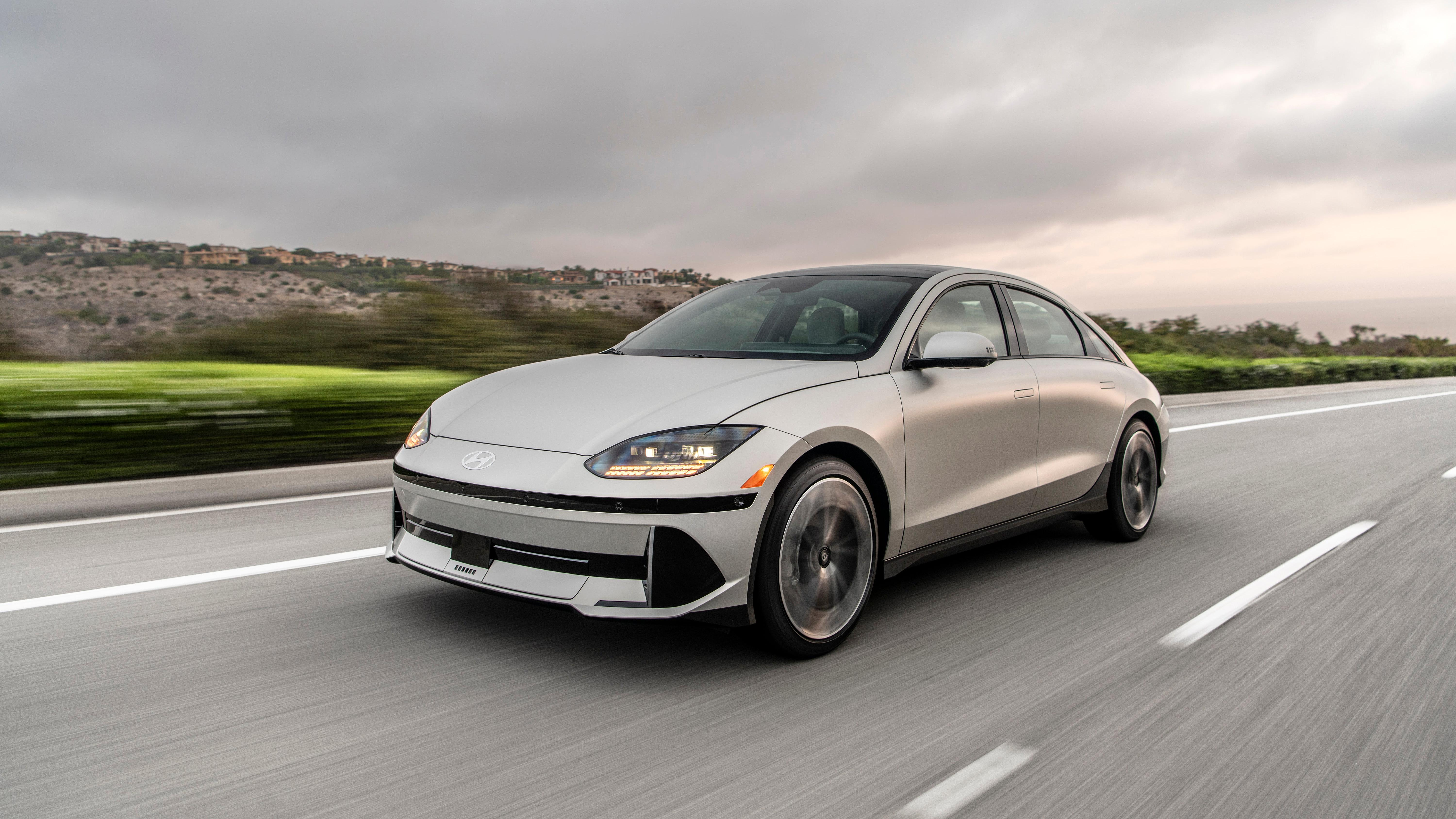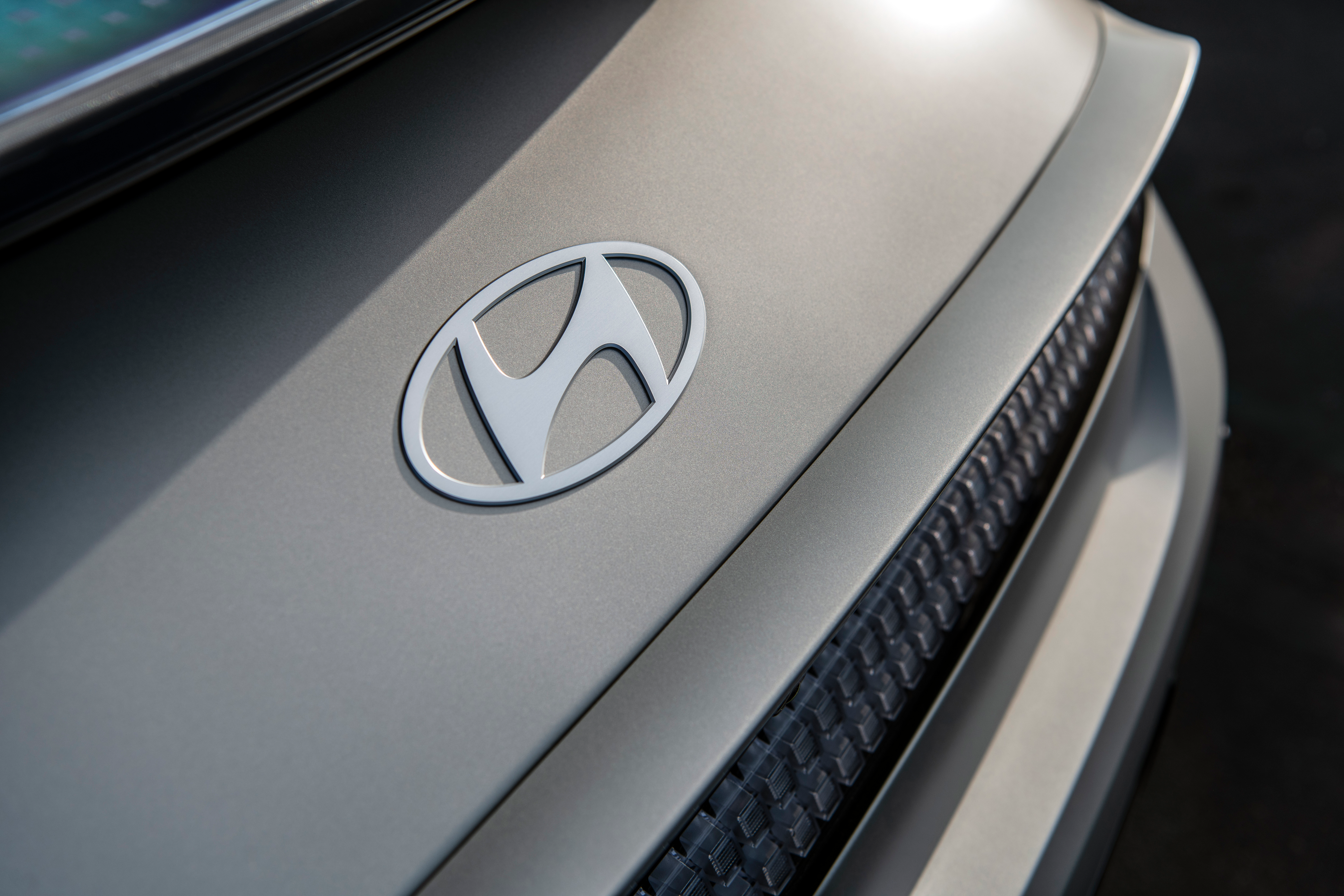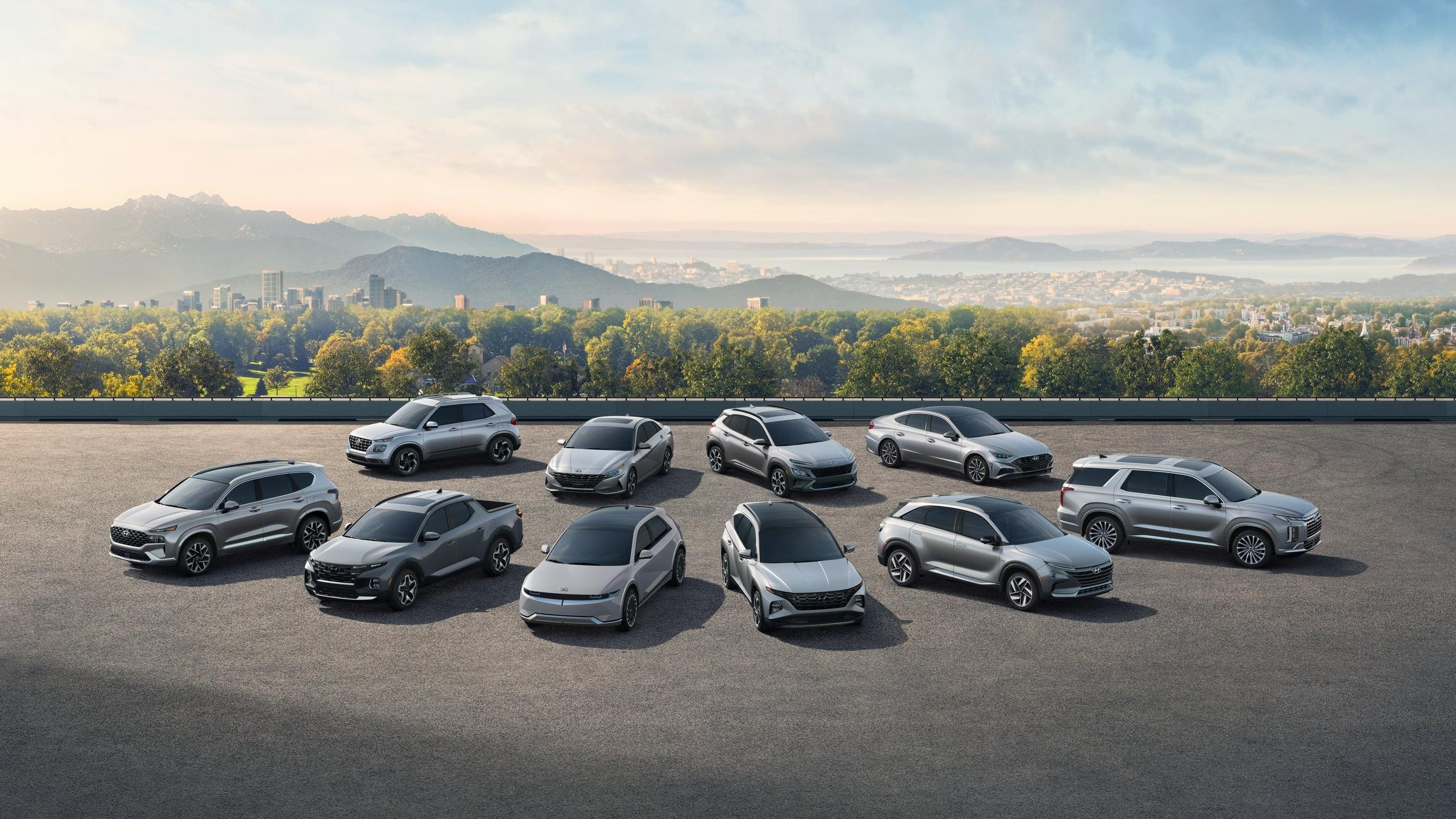Hyundai Is Now The World's Third-Largest Carmaker
The parent company of Kia beat out GM and Stellantis in volume, and is now only behind Volkswagen and Toyota.
Hyundai is now the third largest automaker in the world by volume, behind only Volkswagen and Toyota, which are often at odds for first and second place among the biggest car companies in the world. In a little over half a century, the South Korean carmaker has leapt over American auto giant General Motors, as well as the multinational conglomerate Stellantis, according to Bloomberg.
The company's steady growth stalled in 2020 during the global pandemic, but so did everyone else's; the auto industry as a whole took a big hit, but grading on a curve, Hyundai was not far behind its rivals. Then in 2021, Hyundai saw production and sales increase, and it closed out the year with 6.6 million cars sold. Volkswagen sold 8.9 million cars that year, while Toyota sold 10.5 million.
While Hyundai is still far from Toyota, the carmaker has borrowed a page from Toyota's playbook, and leveraged its production and manufacturing strengths to grow. Hyundai's CEO explained it this way to Bloomberg:
"We are on the right track, and this year we were very strong," President and co-Chief Executive Officer Jaehoon Chang, 58, said in an interview from a library at Hyundai's Seoul headquarters last week. "Our supply chain management was key. We're trying to be flexible, and optimize and protect production as much as we can in spite of the chip shortage."
Hyundai currently operates the largest auto assembly plant in the world. Hyundai's Ulsan Plant in South Korea has five smaller plants built into the complex and its own shipment dock. Bloomberg says Hyundai's conglomerate expands to the production of steel used to make the cars at Ulsan, as well as the steel used to make the shipping vessels that ferry the company's cars abroad.
Jack Donaghy called that vertical integration. Of course, volume and sales figures for 2022 have yet to be tallied in full, but Hyundai is on track to make 21 percent more revenue than in 2021, or about $108 billion overall; Bloomberg claims that's the highest average growth rate among major automakers.
That means Hyundai could easily keep it's place among the top three biggest carmakers, and it's partially thanks to its popularity in North America. The U.S., Canada and Mexico accounted for 21 percent of Hyundai's sales last year, which is notably more than the 17 percent of from its home market in South Korea.

It took Hyundai just 55 years after being founded to outpace General Motors, and the carmaker's popularity in the U.S. had a lot to do with its growth.
Hyundai is expecting that popularity to keep growing in America — although recent accusations that the company has broken labor laws could change that. Barring that, the company is betting billions through investments and a possible EV plant in the U.S. as it moves on to its new EVs, including the Hyundai Ioniq 5, Ioniq 6 and Kia EV6. Hyundai is vying for Ford's place as the second-biggest EV seller in the U.S., behind only Tesla.
The company is also challenging luxury marques like Mercedes-Benz and BMW with its Genesis brand, which has brought the carmaker a long way from it's economy vehicle roots. China's carmakers are usually seen as the upcoming challengers to Japanese, European and American auto giants, but it looks like it was South Korea's carmakers all along.

